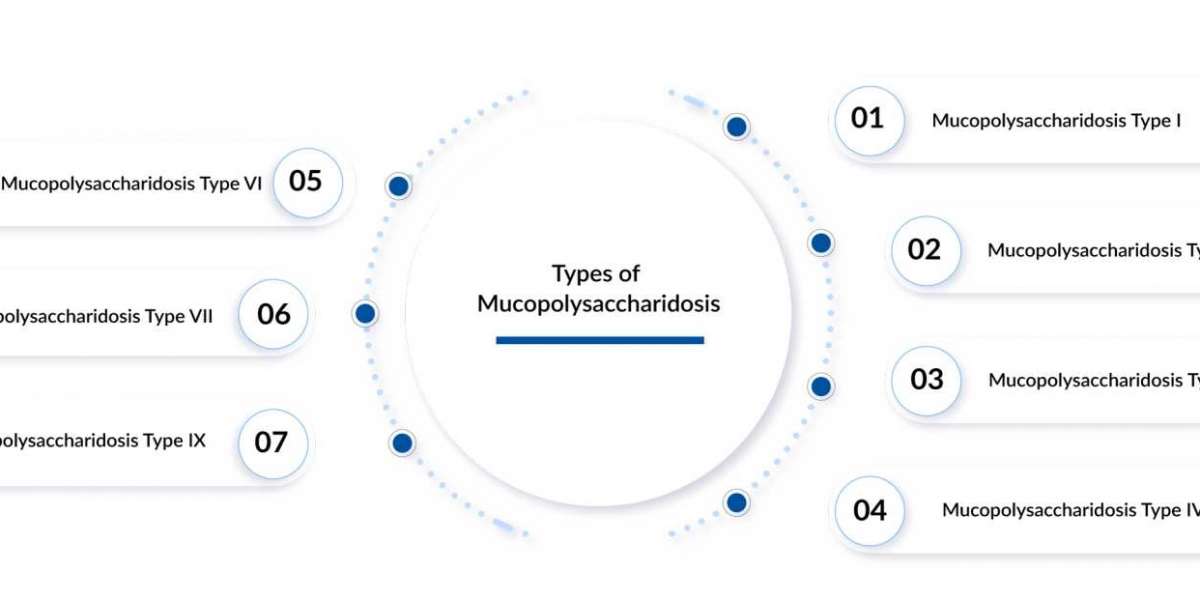Mucopolysaccharidosis (MPS) is a collection of rare inherited metabolic disorders caused by the body’s inability to break down glycosaminoglycans (GAGs) due to defective or missing lysosomal enzymes. This buildup of GAGs results in progressive damage to organs, bones, and tissues. Understanding the wide range of mucopolysaccharidosis types is essential for developing targeted interventions that improve patient prognosis and care strategies.
Classification and Current Therapies
Different types of MPS arise from specific enzyme deficiencies. Severe forms like MPS I Hurler, caused by alpha-L-iduronidase deficiency, are associated with developmental delays, skeletal issues, and organ involvement. A major treatment for MPS I is Aldurazyme (laronidase), an enzyme replacement therapy that helps reduce GAG accumulation.
Other types include MPS II (Hunter syndrome), MPS VI (Maroteaux-Lamy syndrome), and MPS VII (Sly syndrome). Patients with MPS VI may benefit from Naglazyme (galsulfase), another enzyme replacement product that can slow disease progression and improve physical function. Ultra-rare variants like MPS IX, linked to hyaluronidase deficiency, remain under investigation with limited treatment options currently available.
What’s on the Horizon for MPS Treatment?
Therapeutic approaches are evolving beyond symptom control, with a growing emphasis on disease-modifying treatments such as gene therapy and substrate reduction strategies. These innovations aim to offer long-term benefits and potentially address neurological symptoms not effectively managed by existing enzyme replacement therapies.
Companies like Nippon Shinyaku are pioneering research into treatments that cross the blood-brain barrier—an area where current therapies like Aldurazyme and Naglazyme fall short. This research is especially promising for those suffering from severe forms like MPS I Hurler, where neurological decline remains a key challenge.
As clinical trials progress and therapeutic pipelines expand, patients affected by various mucopolysaccharidosis types may soon benefit from more effective, holistic, and accessible care options—bringing renewed hope to the MPS community.
Do Read The Latest Blogs By DelveInsight:







